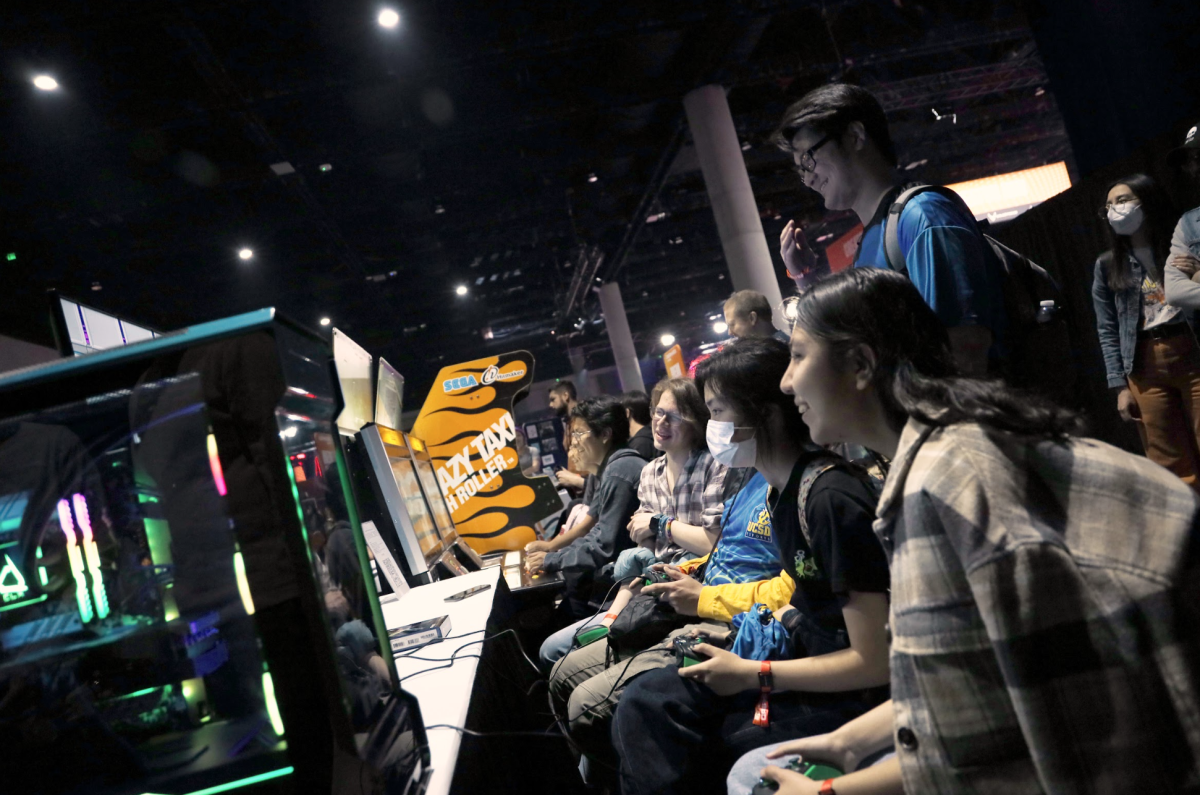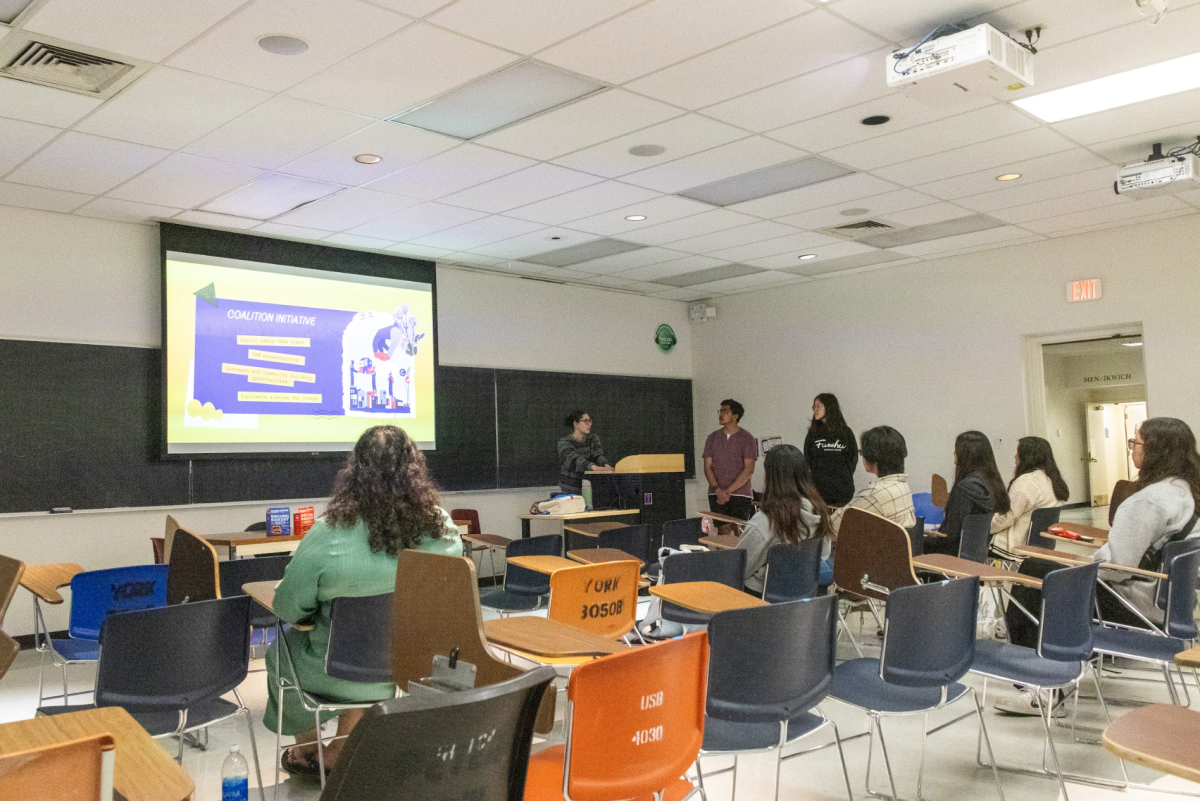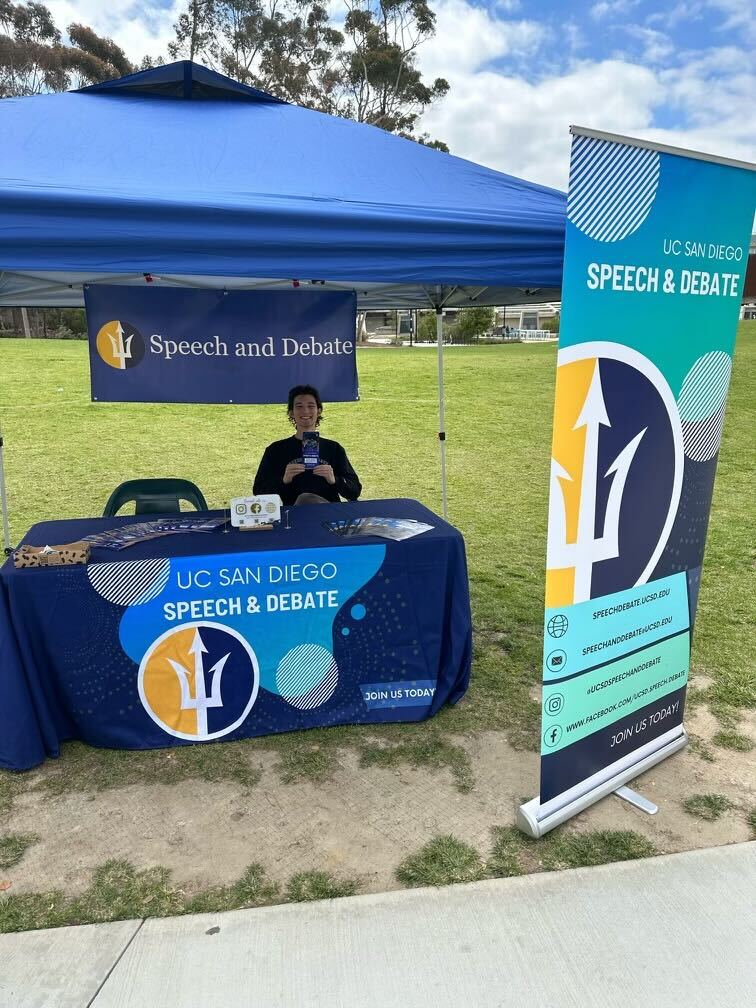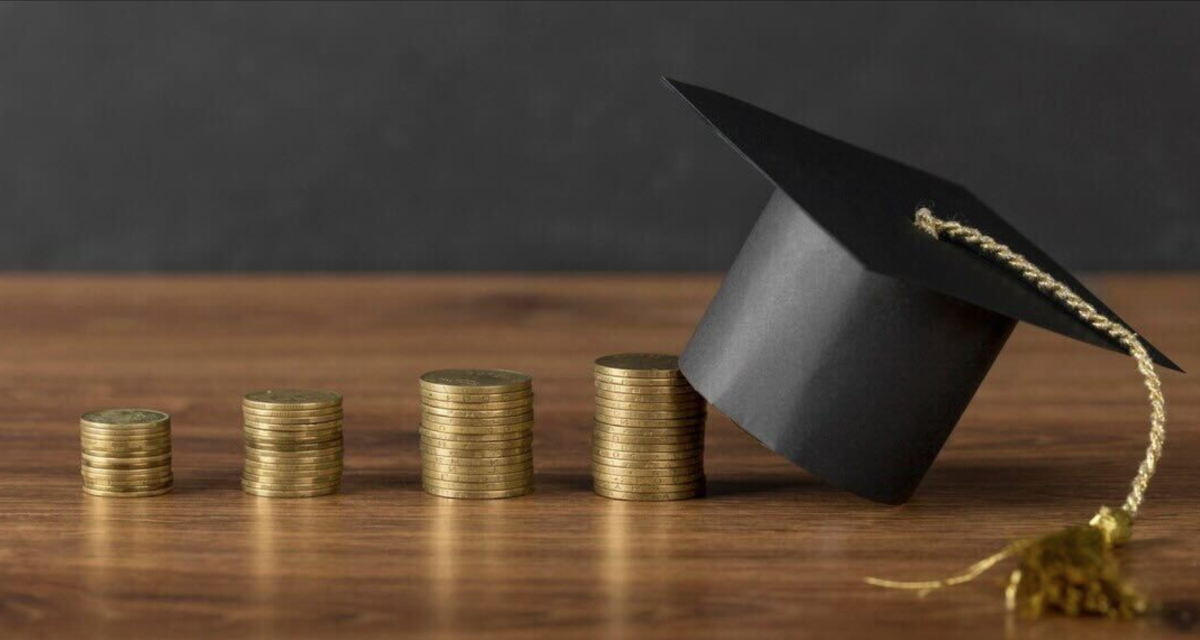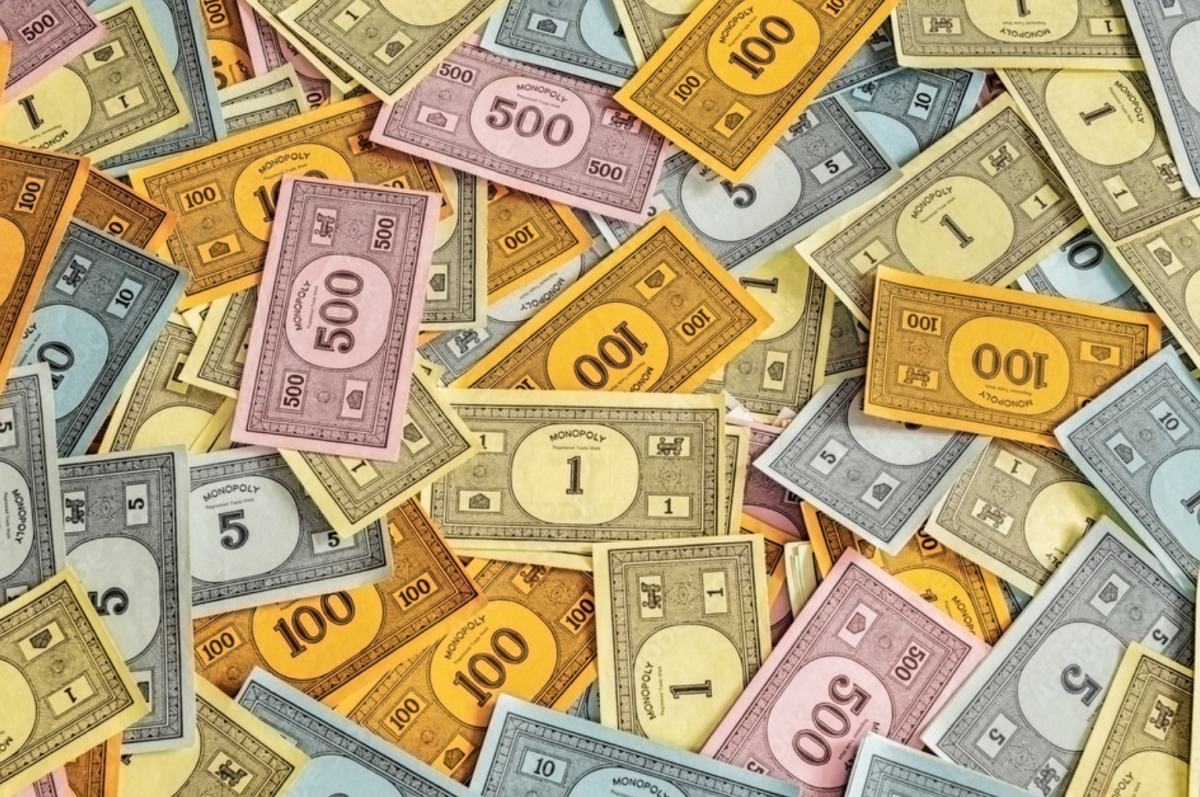Right now, Andy Stojkovich is in a coma. Earlier today he was dead. That is quite an improvement by any medical standards.
Things tend to change pretty quickly when you aren’t paying attention.
After writing that last sentence, my phone rang, and it was my mother. “”Shit,”” I muttered, knowing who was calling and why. There is never good news at this hour.
Now it seems Andy, or “”Pop,”” as we all knew him, is in fact dead at the age of 84 due to old age.
Is it time to cry and stress over the loss of a loved one, a figure whom I so admired? No. It is sadness I feel, but tears are for later, for his life was, for the most part, a good one, and one that rings all too familiar.
For the 21 years I knew him, he always brought a smile to my face. Whether it was some stupid magic trick, or ditching school and sneaking our way into the VIP tent at Pebble Beach by saying I was John Elway’s kid and he was Elway’s dad, Pop always knew how to brighten my day.
There always had to be a Stanford connection, usually some big lie like he was Chief Justice Rhenquest’s roommate, or that he had tackled Jackie Robinson on the football field. Of Robinson, Pop would say he was “”the best damn man”” he ever faced in his life, but a minute later he would find some flaw with African-Americans — though always political, never the KKK-style racism we all despise.
But, with all his intricacies, making people unexpectedly smile was certainly his specialty. I remember the time when he first saw my family after my brother died, and he didn’t know how to express himself. He calmly asked, “”So what’s new?””
He is no longer with us down here, but most everybody who knew him feels pretty confident that he is in a better place looking down on us.
Maybe he is catching up with his wife, who left him over 10 years ago. Maybe he is standing in a long line with firemen, police officers, paramedics, postal workers, flight attendants, pilots, soldiers, frequent flyers and businessmen, who all left their loved ones much more tragically nearly two months ago.
It is nice to know there is a little bit of Pop in every one of us at UCSD, and his is the trail that many of us will follow.
Like many students at UCSD, Pop was a first-generation American. He was born a long time ago to an immigrant family in San Fransico. His family was from Yugoslavia — or Serbia, as he never let us forget.
After attending Balboa High School in San Fransico in the 1930s, he went to Stanford University; not because he was so smart, which he may very well have been, but because of his skills on the gridiron.
Pop played defensive end for the Stanford Indians, as they were called back then, well before political correctness swept this country. “”Politically correct”” is one thing he sure as hell was not, but more on that soon.
At Stanford, besides playing football, he had various on-campus jobs, just as I and many of my peers have, to make ends meet. He was a campus mailman and was involved in student government. Just as we do, he had to balance fun, work and public service. I cannot help but think that my experiences, a combination of surfing, landscaping, pool maintenance and news writing, are in some way similar to what he did so many years ago on the farm.
When he left college and entered the “”real world,”” the world was turned upside down, not unlike it is today. Across the Atlantic Ocean, an evil regime was building on the deaths of those who were different from them and as a result, they threatened to wreak havoc upon the Free World. Eventually, airplanes would shower that hatred upon America on a December morning in a surprise attack on Pearl Harbor. This sounds chillingly familiar. It was not long until Pop joined the Navy and served as an aviator on a bomber.
Right now, I am left wondering if I, along with my peers, will respond the same way: by defending our country, which is being attacked by similarly heinous soldiers. That is yet to be seen, but the mood on campus does not seem to be as resolved as I imagine it was in the streets back in his day.
Our cause is the same but is our motive and resolve? For his generation was one that responded to the utmost adversity of the Depression and World War II because it had to. Do we feel as if we must act immediately and decisively?
We have so much that is similar to our grandparents’ generation, and just as they fought for the survival of liberty and life, now we must do the same.
I cannot help but think that we are immune to actual adversity, that we as college students will pass the buck where it would have stopped over 60 years ago.
However, for as much as Pop and I seem to be the same, we are so different.
As a 21-year-old on a college campus, I am awash in political correctness and liberal thought, and this was, in fact, the main difference between me and Pop.
Dinnertime conversation was always entertaining, as my dad would slowly attack Pop’s stubborn Republican ideals. Some families do not encourage conversation about religion or politics. But I pity these families, as they have missed out on nights full of humor and subtle anger that forced our family to accept and love one another for who we are, and not a masquerade of who we want each other to be.
It is his feelings toward those not in our family that clearly separate the modes of thought of our two very different generations.
Words like “”nigger”” and “”jap,”” which are terms that never even enter my head, could roll off his tongue so smoothly that my cousins and I would look at each other in amazement, realizing that our world is so very different from his.
After working in the upper echelons of Del Monte, an American transnational produce company in Mexico City, from the late ’60s to the late ’70s, he would have known some Latinos or at least relate to them, I assumed. But I think the only ones he ever talked to were the ones who mowed his lawn.
My best friend, on the other hand, is a Mexican-American, whom Pop and his conservative chums would pass off as merely an “”illegal.”” But the two of them in a room together would always crack jokes or talk football and always in Spanish.
It is this dichotomy which perplexes me. Pop and his generation fought the good fight and had some dirty baggage along with it. Will we do the same?
As I venture out into the real world, I wonder how my generation will respond to challenges similar to the ones that he and his generation stared down with vengeance, and consequently won.
What started as a letter to my ailing grandfather has sadly turned into an obituary, but hopefully his story, as incomplete as I have just told it, will make some of us stop and think. Not only about the challenges ahead of us, but of our loved ones as well.


